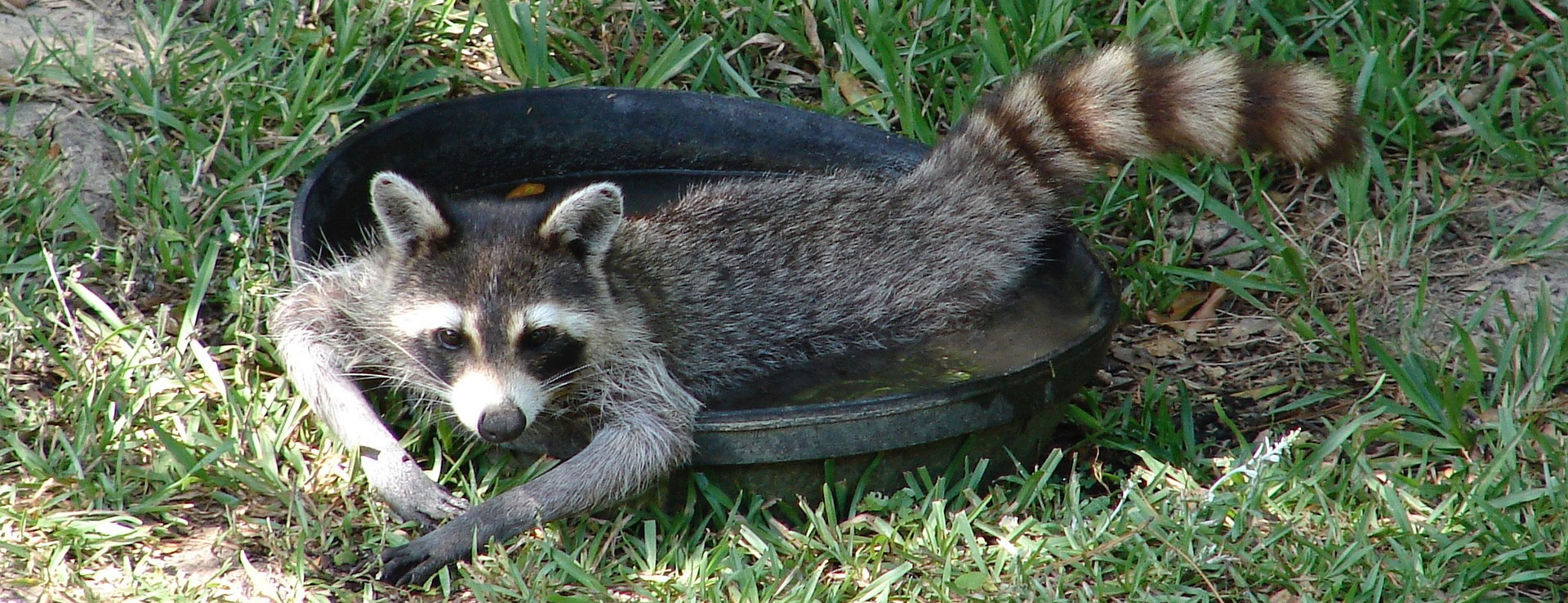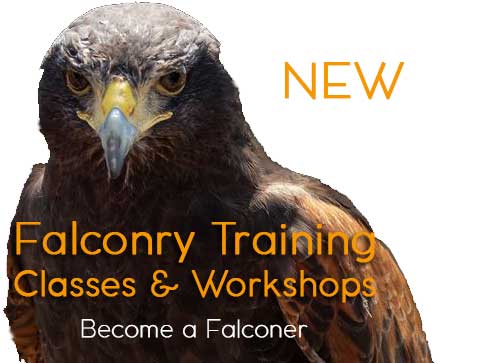Encountering a raccoon in Toronto might seem like a great photo op, but it can turn scary in seconds. Even the most dangerous raccoon can appear to be friendly and downright cute at first. But the fact remains: raccoons are wild animals. They can and will attack people and small pets if they feel threatened. That’s why if you see a raccoon, whether in public or on your property, it’s best to leave it alone.
But what if a raccoon approaches you? What should you do? In this article, we discuss some safety tips and actions you should take if you or your family encounter a raccoon in Toronto.
Why Are Raccoons Dangerous?
Raccoons are wild animals that have unpredictable behaviour around humans. When its personal space is threatened, or they feel cornered, a raccoon will use its sharp claws and teeth to defend itself.
Raccoons are known to be carriers of various diseases. In fact, raccoons are the second most likely wild animal to be infected with rabies. While the symptoms of rabies may take weeks or months to take effect within the human body, once it begins, rabies is 100% fatal.
What Should You Do if You Encounter a Raccoon?
There are several steps you can take if, or when, you encounter a raccoon.
- Walk Away as Soon as You See It
This is the number one tip, always. A raccoon will normally not chase you when in sight. Therefore is you encounter a raccoon, just leave the area slowly by backing away and do not make eye contact.
- Make Yourself Appear Larger
If near a raccoon, it is important to stand tall and make yourself appear larger. Wave your arms and shout if need be. If on the off chance a raccoon continues to approach you, throw rocks or water at the animal as you begin to back away.
- Never Corner a Raccoon
Upon an encounter with a raccoon, never back it into a corner. This is when its fight or flight instinct kicks in. And, with no escape, the raccoon will likely attack you to gain access to an exit.
- Use a Long Weapon
If the raccoon attempts to approach you, use a long-handled weapon to fend them off, if possible. This could be a broom, a shovel, a chair, or other object that doesn’t require you to get too close to the critter.
- Do Not Kill or Harm the Raccoon
Do not kill or harm a raccoon. Instead, use items to “push” or force the raccoon away from you or your property. Taking matters into your own hands by trying to hit or kill it could cause the raccoon to become more aggressive - and could get you into legal trouble.
- Call for Help
Whether you leave the scene or the raccoon leaves on its own, call the local wildlife control agency to report the incident. Where there is one raccoon, there are more, which increases the risk for attacks, bites, and the spread of rabies.
- Get Checked for Rabies
If during a raccoon encounter, you make physical contact, it is important to get checked for rabies at your nearest medical centre. Whether the raccoon bit or scratched you, or you even just touched the animal’s fur, you need to get medical attention ASAP. Rabies is a FATAL disease.
How Can You Prevent Conflicts with Raccoons?
The best way to prevent dangerous raccoon encounters is to take the necessary steps to avoid confrontation in the first place. If a raccoon appears in your home or garage, close the door and call Hawkeye, the professional wildlife control specialists.
The following raccoon prevention tips are highly recommended to help you avoid confrontation and injury.
Do Not Feed Raccoons
The main point is to not feed the raccoons. Many city dwellers want to see the furry little critters and leave out food or try to hand feed the raccoons when seen. This creates a scenario where the raccoon loses fear of human beings and begins to hang around more.
Seal All Entry Points
Take the time to check around the property to undercover any entry points to your home or other structures. Raccoons will seek shelter through windows, doorways, the roof, and any access points along the foundation.
Secure Trash Cans
As most urban areas have garbage cans outside all day and night, it is important to install security features such as locks and holders on these receptacles. Raccoons are smart creatures, and they will move rocks or other heavy objects off the top of a garbage bin to gain access.
Cover All Water Sources
Water sources can be found across a property in the form of swimming pools, birdbaths, and rain barrels. Use sealed covers on all water sources to deter raccoons from using these features.
Keep Pet Doors Secure
Raccoon proofing your home begins with securing pet doors. Lock the door at night unless the pet travels in and out of your home throughout the night. An electronic door that is operated by a transmitting pet collar can help in these situations.
Do Not Keep Pet Food Outside
Whenever possible do not leave pet food or water bowls outside, especially at night. This is an open invitation for a buffet to a passing raccoon who will continue to return night after night (and bring his/her friends).
Contact Hawkeye for Raccoon Control in Toronto
Hawkeye Bird and Animal Control is the only pest bird and animal/wildlife control company in Canada to be designated "Certified Wildlife Control Professional" AND hold the following licenses: Trapping of Fur Bearing Animals Permit, Falconry Permit, and Pest Control License. This allows us to employ control methods in addition to relocation of captured raccoons.
We guarantee results and offer permanent solutions that exceed our competitors. Call us 24/7 at (416) 429-5393 or email [email protected].














